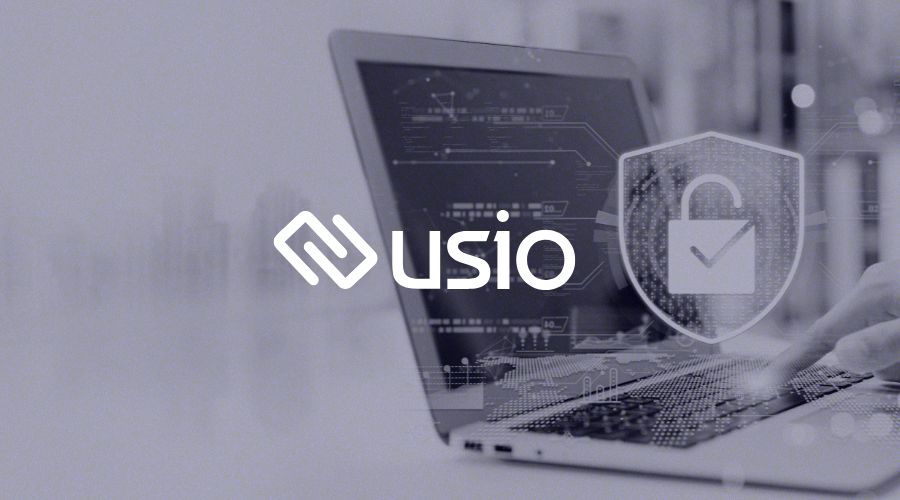If your business accepts, processes, stores, or transmits credit or debit card data, PCI compliance isn’t optional, it’s essential. But what exactly does it mean to be PCI compliant, and why is it so important for your business, your customers, and your bottom line?
Here’s what you need to know.
What Is PCI Compliance?
PCI DSS (Payment Card Industry Data Security Standard) is a set of global security requirements designed to protect sensitive cardholder data and ensure secure payment processing. Developed by major credit card companies including Visa, Mastercard, Discover, and American Express these standards apply to any organization handling payment card information.
Being PCI compliant means your organization has implemented the processes, technology, and safeguards required to keep sensitive financial data safe from breaches, fraud, and misuse.
Why PCI Compliance Matters
Payment data is one of the most valuable targets for cybercriminals, making security a business-critical priority.
Here’s why PCI compliance matters:
Protecting Customer Data
Compliance ensures you’re taking every step to safeguard personal and financial information, building trust with your customers.
Preventing Costly Breaches
Data breaches can lead to fines, legal liability, reputational damage, and lost revenue. PCI compliance helps you avoid these risks by enforcing strict security controls.
Meeting Industry and Partner Requirements
Many banks, payment processors, and vendors require PCI compliance as part of doing business. Staying compliant keeps you eligible to process card payments seamlessly.
Creating a Consistent Global Standard
PCI DSS provides a unified framework across industries, reducing complexity for organizations operating in multiple regions.
Levels of PCI Compliance
PCI DSS compliance requirements vary based on your annual transaction volume:
- Level 1: Over 6 million transactions per year highest security requirements, including annual on-site audits
- Level 2: 1 million to 6 million transactions per year
- Level 3: 20,000 to 1 million e-commerce transactions per year
- Level 4: Fewer than 20,000 e-commerce transactions or up to 1 million card-present transactions
Understanding your level helps determine which reporting requirements and validation methods apply to your business.
Best Practices for Staying PCI Compliant
- Use tokenization and encryption to secure sensitive data
- Limit access to cardholder data based on role
- Regularly update and patch payment systems
- Maintain robust firewall and intrusion detection protocols
- Conduct ongoing monitoring and vulnerability testing
PCI compliance isn’t a one-time project; it’s an ongoing process that requires vigilance, regular assessments, and continuous improvement.
How Usio Helps
For businesses looking to simplify secure payment acceptance, Usio offers PCI Level 1 compliance, the highest level of data protection available.
With Usio, you get:
- Enterprise-grade security across all payment channels
- Built-in compliance for ACH, debit, credit, and embedded payments
- Tools and technology designed to reduce your risk without adding operational complexity
When you partner with Usio, you deliver a secure, seamless payment experience your customers can trust while keeping your business protected.
Ready to simplify compliance and strengthen payment security? Learn more about hosted payment solutions from Usio and how they make payments smarter, safer, and faster.

